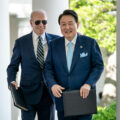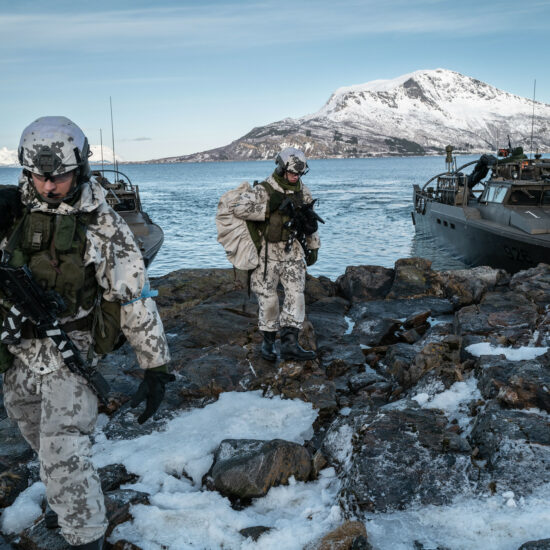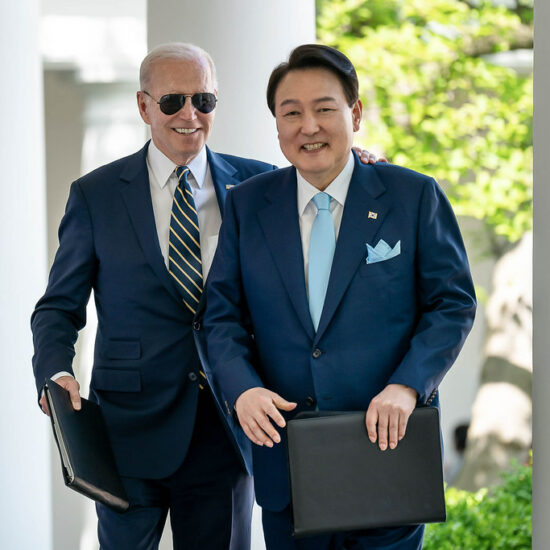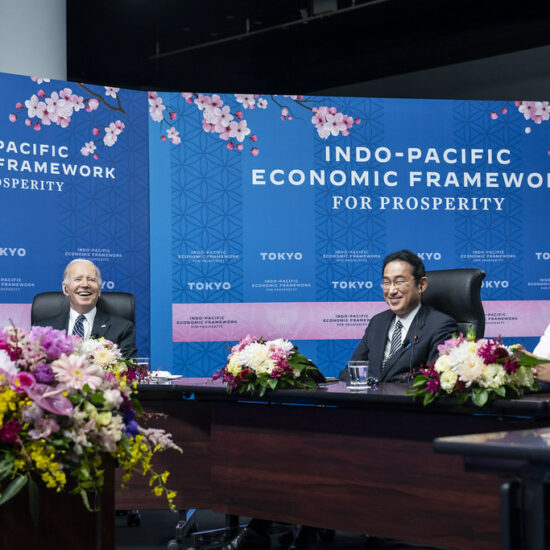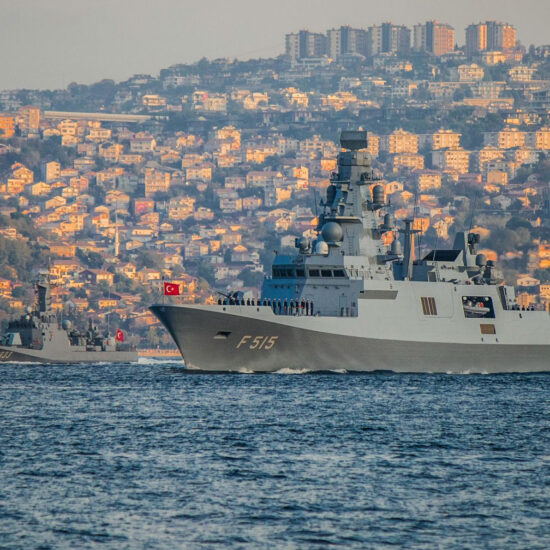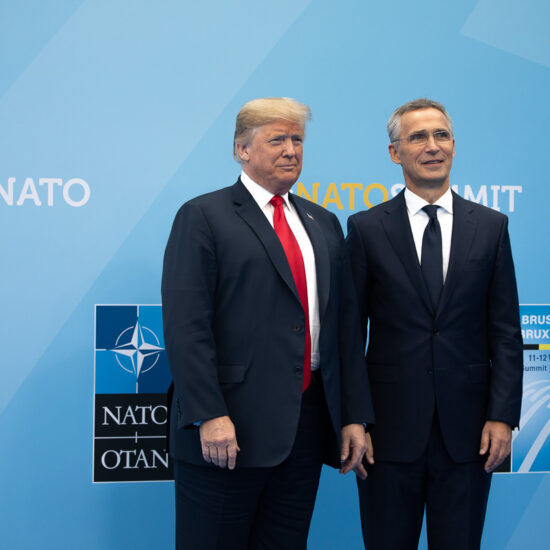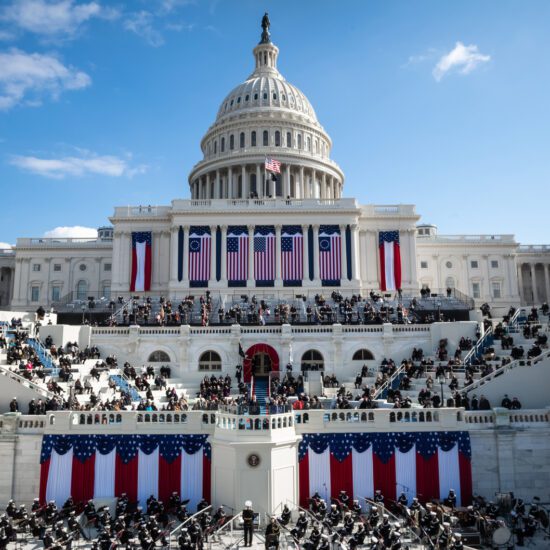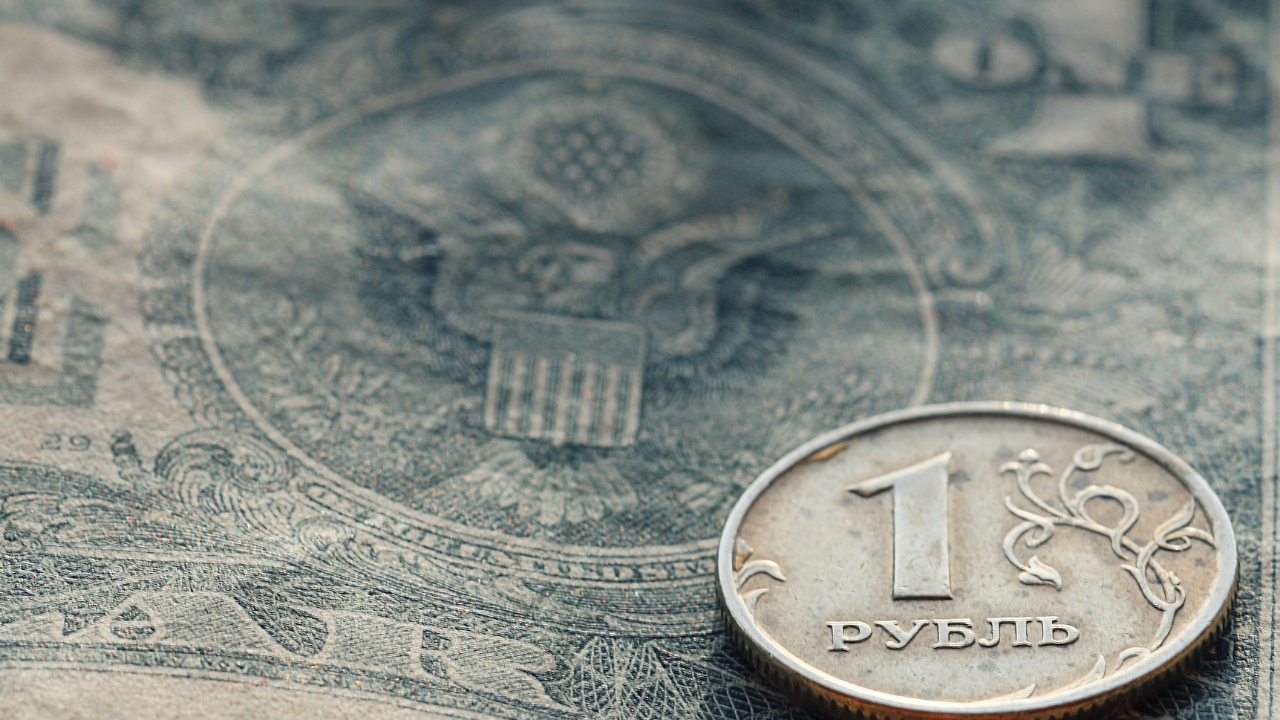
By David Carment and Dani Belo
In contemporary world politics there is no hierarchy between economic and military strategies. Both are treated equally as weapons of war. On the one hand, Western governments are operating from the belief that using economic instruments of war is inherently less costly. On the other hand, the relationship observed is that as economic interdependence increases between nations, the costs of upsetting the mutually beneficial environment through war also increase. In examining the Ukraine crisis, the costs of using economic instruments of war are visible in a number of important ways.
First, we see a wholly transformed transatlantic region united, ready, and able to impose even more severe costs on Russia. However, in the fog of war, it is easy to lose sight of the long-term security and economic consequences of this conflict for those countries directly impacted by the violence. For example, when examining the pattern of sanctions imposed on Russia by members of the transatlantic community, it becomes clear that individual national interests were not entirely crushed by the collective euphoria of punishing Russia.
In other words, the West may not be as united as it appears on the surface. It is incomprehensible that EU nations would ever embrace the collapse of not one but two very large countries on their borders: Russia and Ukraine. It stands to reason that while the US may see sanctions as a part of a long-term goal to induce Russia’s complete isolation if not failure, it is unlikely all European nations do.
In examining the actions of US allies since the war started there is indeed some variation if not hesitation among them. For example, in a token expression of solidarity, Ottawa banned the importation of Russian oil. In reality, Canada hasn’t imported Russian oil since 2019. In contrast, Germany continues to buy natural resources from Russia. German Chancellor Olaf Scholz remains opposed to sanctions on Russia’s oil and gas sector maintaining these are essential to both the German and the European economies.
At the same time, Hungary’s Viktor Orban went along with the sanctions due to enormous pressure from other members of the European Union. Poland’s government framed Hungary’s position as support for the sanctions, but in Orban’s statement, he did not provide explicit support for them. Rather, he reluctantly claimed that Hungary will not block the efforts of the EU to sanction Moscow. Later, he said that any sanctions against Moscow are a double-edged sword likely to hurt Europe.
Second, serious thought is needed about the consequences of politically and economically destabilizing a nuclear power. Vladimir Putin created an effective balance of power amongst his security services to ensure that no faction could unilaterally oust him, but this alone does not guarantee regime survival.
Nor do Russia’s efforts at sanction proofing, given its limited access to foreign reserves, guarantee economic stability. If the current government in Moscow collapses, how can the West guarantee the security of Russia’s nuclear arsenal and prevent it from becoming a weapon held by non-state groups or more radical factions within Russia’s leadership? The prospect of this scenario should make any supporter of regime change in Russia think twice.
Third, comprehensive sanctions are having a deleterious ripple effect on all parts of the post-Soviet region wherever diaspora sending nations benefit from a robust Russian economy. It is well known that sanctions impact many ordinary people in post-Soviet republics that rely on Russia’s economic wellbeing. With economic decline, Central Asian republics such as Uzbekistan, Kyrgyzstan, and Tajikistan, who depend on remittances from Russia, will experience a sharp deterioration in their gross domestic product.
For example, some 3 million guest workers entered Russia in 2021 from these Central Asian republics. Remittances, constitute some 30 percent of the gross domestic product of Tajikistan, 28 percent for the Kyrgyz Republic, and almost 12 percent for Uzbekistan. The fall of the Ruble against the dollar by 30 percent had an immediate effect on the value of remittances being sent by workers to their home nations. Extreme reductions in these flows will have a catastrophic impact on Central Asia, generating additional political instability in an already fragile part of the world. Without gainful employment, Russia’s guest workers will return to their homelands placing a further burden on their local economies.
Fourth, sanctions on Russia have inevitably raised the price of agricultural products and energy globally. Russia is the world’s 3rd-largest wheat producer and is among the top three oil producers in the world. Comprehensive sanctions have disrupted Moscow’s ability to export essential commodities such as wheat, oil, gas, and aluminum as well. This week, prices of wheat and corn rose to their highest levels in over a decade. Concurrently, the severing of energy deals between Western companies and Russian energy producers and the removal of major Russian institutions from the SWIFT payment system raised the prospects of fuel shortages in both the short- and long-run. Other commodity exporters not directly affected by the conflict, but eager to reap windfalls that will be generated by constrained supply are looking to renegotiate their contracts, withholding exports as a bargaining chip. Collectively, these decisions will place an even greater constraint on the world’s food and energy supply. Ultimately developing and politically fragile states will be the ones most affected.
Finally, the Biden administration’s latest dealings with Venezuela, a key Russian ally, raise questions regarding Washington’s promotion of an alliance of democracies against illiberal regimes. Early in his term, Biden called for a principled approach to foreign policy bringing together like-minded states to depose rogue regimes like Venezuela. On the one hand, Washington demonstrated that these principles can be rapidly sacrificed for a greater geopolitical goal when necessary. In this case, the goal is to fracture Moscow’s global alliance network and destabilize Russia. Now, U.S. officials are courting Venezuela’s Maduro in hopes of turning an ally of Moscow into its adversary. Russia’s relationship with Venezuela runs deep, with Moscow being a key lifeline for the survival of the Maduro regime when it was sanctioned by Washington. On the other hand, the fluid nature of Washington’s principles facilitates distrust and is counterproductive to long-term alliance-building.
It remains to be seen if the US can convince Maduro to increase oil exports in return for reduced sanctions. What is clear is that the US is demonstrating dependence on a country whose values it does not share. Biden also reached out to Saudi Arabia and the United Arab Emirates, which also became the targets of Washington’s democracy-promotion agenda, to produce more oil and offset the volatility of supply from Russia. However, both nations have so far proved unwilling to follow Washington’s request.
Since the end of the Cold War, the conventional wisdom driving foreign policies was that strong economic relations and interdependence align strongly with peace. The West’s response to Russia’s invasion of Ukraine so far shows that, as the cost of engagement in conventional military operations increases, the economic domain becomes increasingly important for the exercise of power and overall interaction between states. The preference for economic warfare challenges prevailing beliefs about why states go to war and how they fight wars. But as we see in the current crisis economic actions, just short of formal war declarations, can have broad and debilitating global effects.
David Carment (@cdnfp) is a Senior Fellow at the Institute for Peace & Diplomacy, a Fellow with the Canadian Global Affairs Institute, Editor of the Canadian Foreign Policy Journal, and Palgrave’s Canada and International Affairs Book series.
Dani Belo is an Assistant Professor of International Relations at Webster University in St. Louis, USA and a Fellow at the Norman Paterson School of International Affairs in Ottawa, Canada.

